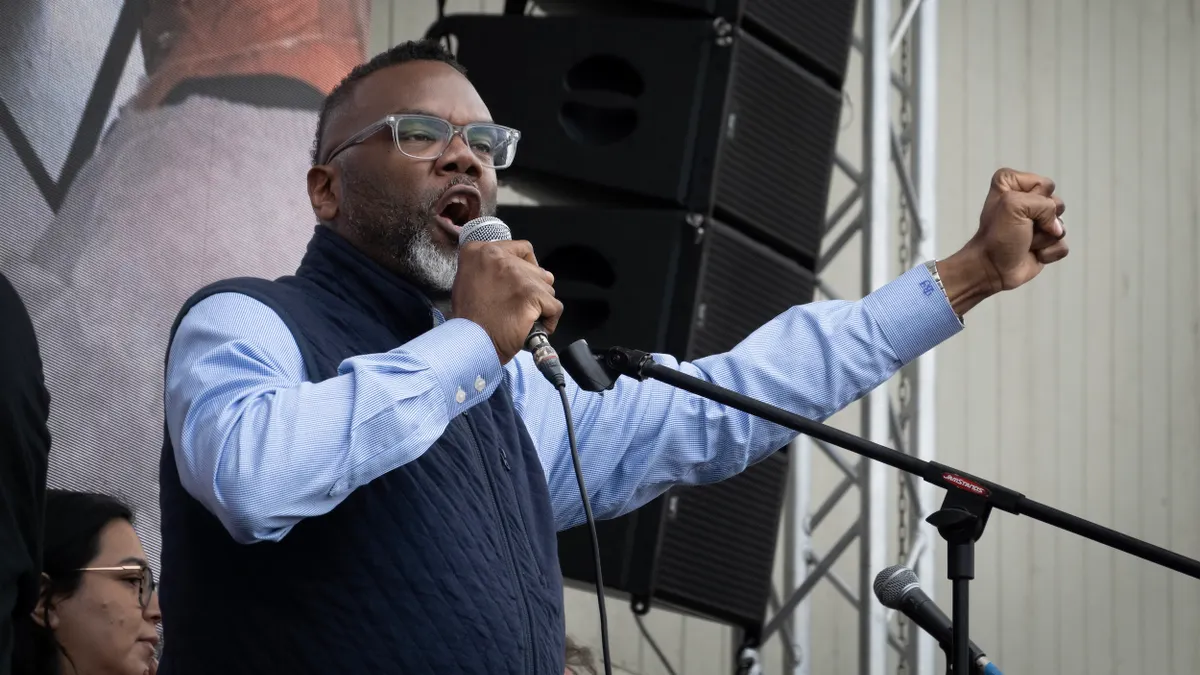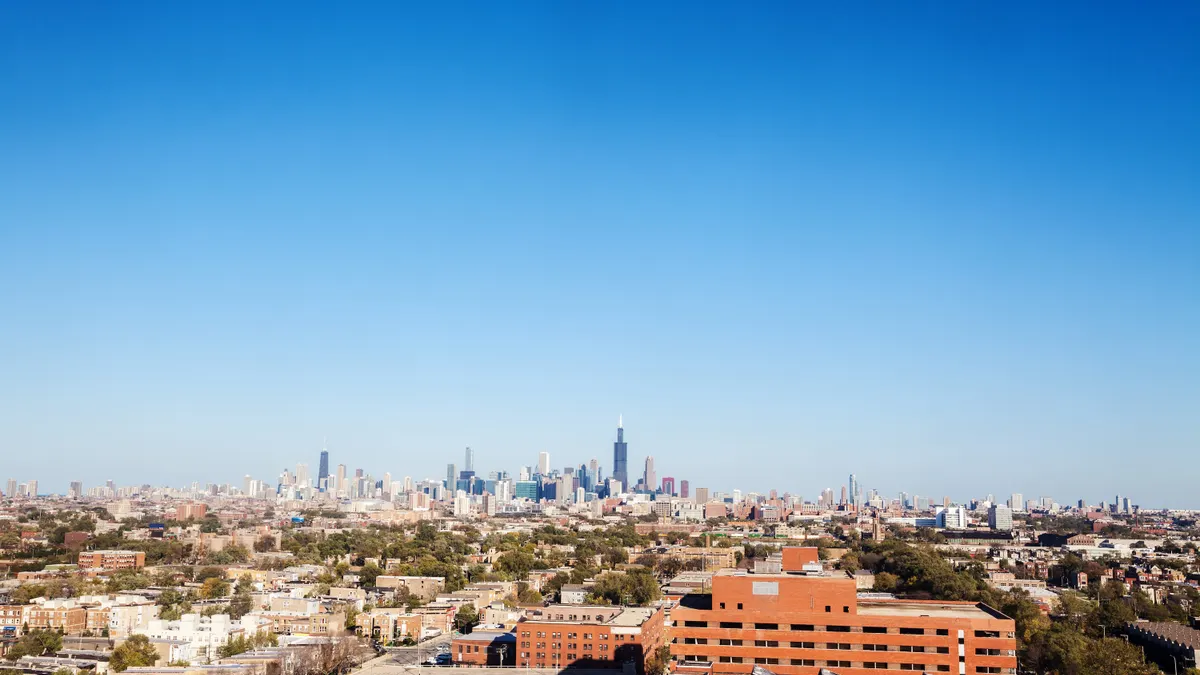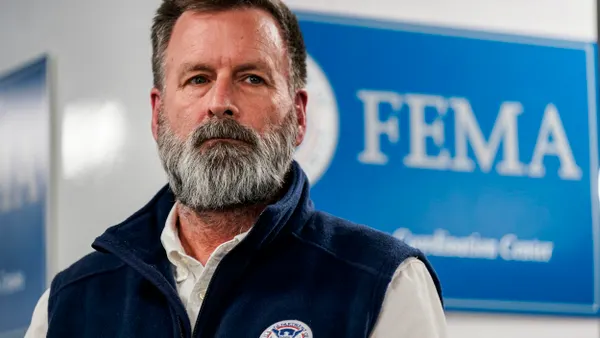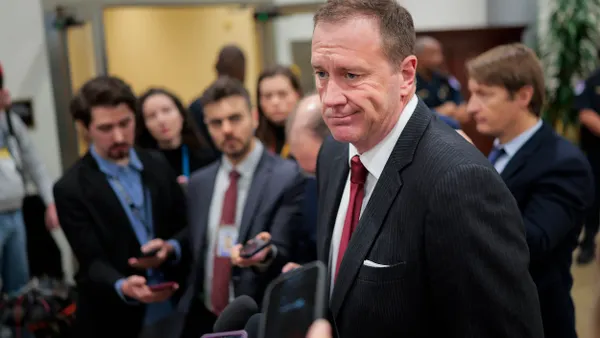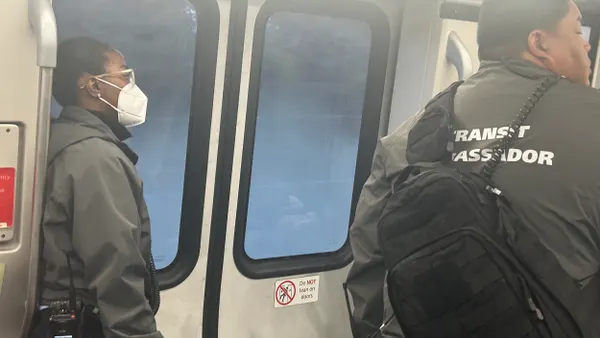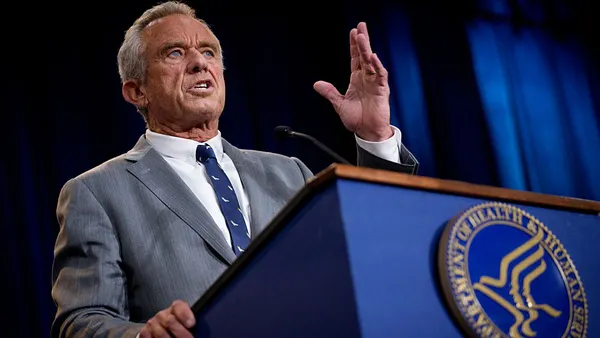In Cleveland, homicides have dropped by 46% over the past three years. In Chicago, they’re down 38% since 2020. Newark has seen a more than 60% reduction in violent crime and homicides over the past decade.
These statistics are not a result of zero-tolerance, tough-on-crime policies, the mayors of these cities said during a media briefing held Thursday by the Democratic Mayors Association and the justice advocacy group Vera Action. Rather, they attributed the reduction in violent crime to investments in community-focused solutions such as targeted policing, violence intervention, mental health services and youth employment.
“We’re at a remarkable moment here, halfway through 2025,” said Insha Rahman, Vera Institute of Justice vice president of advocacy and partnerships. Nationwide, homicides are down 22.6%, overall violent crime is down 6.4% and property crime has dropped by 8.8% since 2020, she said.
“One thing that’s really important to note is that there were huge amounts of federal and local dollars — millions, maybe even billions — put into community-based solutions for safety,” Rahman said. At the same time, she noted, “overall, the number of police was down between 5% to 10%, so that wasn't actually the driver of these remarkable gains in community safety.”
Chicago has reduced crime by strategically deploying officers, partnering with community violence intervention groups and investing in mental health clinics and youth employment programs in the city’s 35 most violent police beats, said Chicago Mayor Brandon Johnson. The city has also worked to repair “historic distrust” between the residents and police officers based on what he called “decades of bad policing” targeting the Black community.
Today, Johnson said, constitutional policing plays a role in crime reduction, “but it’s not the only body of government or entity of government that should be responsible for the challenges that we are experiencing.”
Baltimore Mayor Brandon Scott said his city has “the lowest amount of violent crime and homicides that we’ve seen [to date this year] in the history of this city.” He attributed this to a focus on deterrence and investments in community violence intervention and hospital-based response programs, as well as in recreation and parks in historically overlooked neighborhoods.
“We all know that zero-tolerance and lock-up-everyone-Black and lock-up-everyone-poor policing didn't work,” Scott said. “It's never been about how many arrests a police department is making. It's about who and for what and the certainty of accountability for everyone.”
Newark Mayor Ras Baraka attributed his city’s over 60% reduction in violent crime and homicides to a decade-long coordinated intervention strategy involving hospitals, community organizations, public safety roundtables designed to build trust between police and community members, and intelligence-based policing that targets the most violent individuals and neighborhoods.
He and Cleveland Mayor Justin Bibb, president of the Democratic Mayors Association, decried the Trump administration’s cancellation of hundreds of public safety grants in April, saying it will affect many of these programs.



